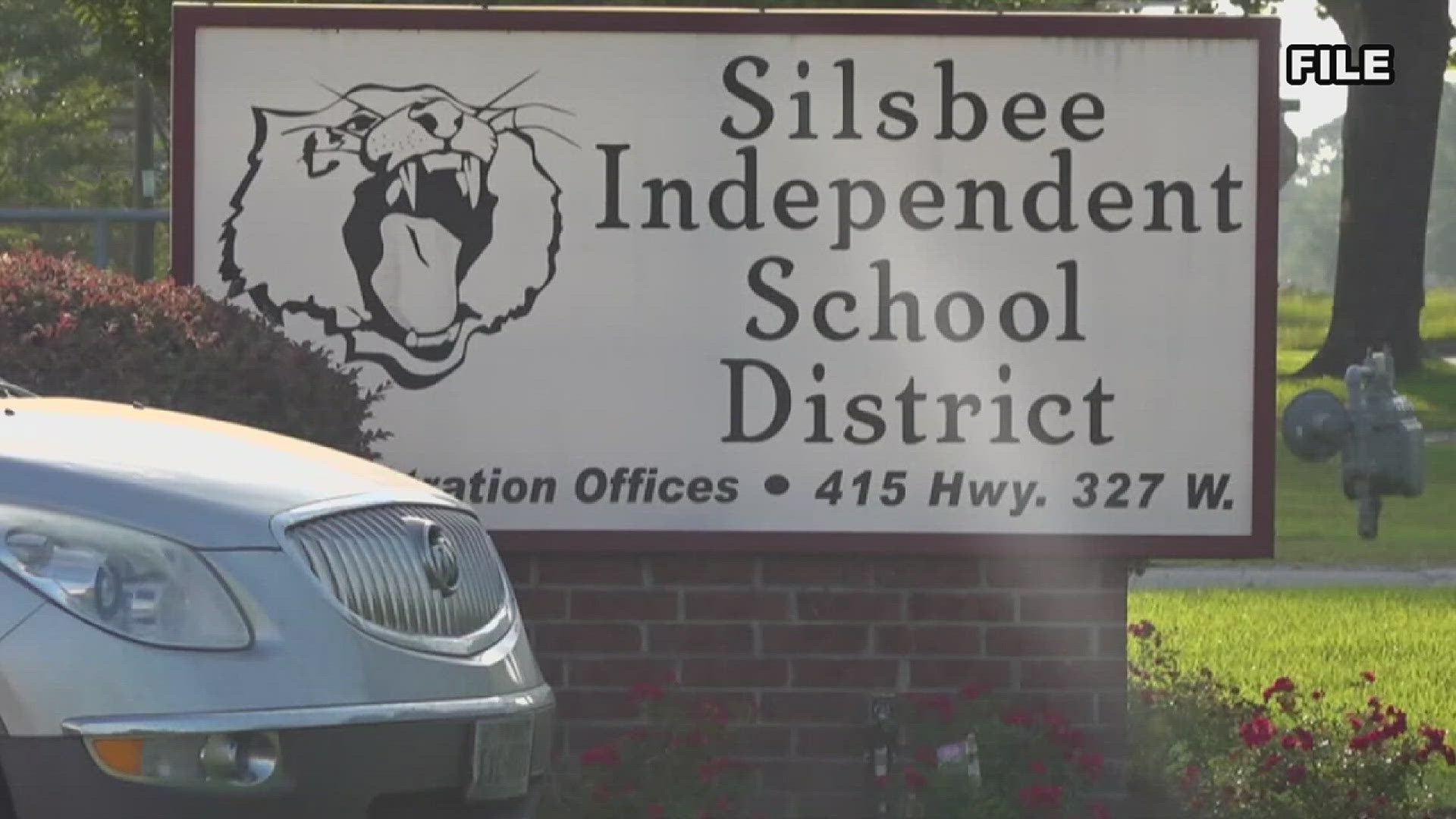SILSBEE, Texas — The topic of student safety online sparked debate among community members in Silsbee, after a district employee was put on administrative leave after reportedly having inappropriate communication with a student.
Silsbee Independent School District says that employee remains on leave despite an investigation by the sheriff's office finding no criminal wrong-doing.
12News spoke with a teachers union about the boundaries in student-teacher communication.
Corina Ortiz with the Texas American Federation of Teachers says district administrators also need to be held responsible, especially when it comes to training teachers on what's appropriate and what is not.
"In the state, when a teacher receives their teaching certificate they are bound to a code of ethics. Part of that code of ethics is that a teacher will not behave inappropriately in any form or fashion towards a student," Ortiz said.
Ortiza, who is the chief of staff for the Houston Federation of Teachers, says its important for parents to know under what circumstances an educator can communicate with their kids outside of the classroom.
"There are sites that are specifically setup for educator and student interaction. If there are questions with homework, about the daily work, and the platform is essential open and public," said Ortiz.
Silsbee ISD released a statement saying it has strict policies and protocols when it comes to communication between employees and students.
"While no criminal conduct was found, it is important to emphasize that Silsbee ISD has strict policies, procedures and protocols governing electronic communication between employees and students. At this time, the Silsbee ISD employee remains on administrative leave."
According to the districts employee code of conduct, only employees who have "extracurricular duties" can text students in extracurricular activities. That employee must be on an authorized list.
A copy of their messages should also be sent to the employee's district email and communication should never happen between 10 p.m. and 6 a.m.
Ortiz says districts also need to make an effort to train new teachers on what's appropriate and what's not.
"There's a very close proximity in age so what the teacher might see as well this is a student that's just having an interaction with me .. but then it veers off into something else that's when a more mature mind would say this is where you don't want to go," Ortiz said.
Ortiz says after the district completes its investigation, it can decide how it wants to move forward with the employee all depending on the districts policies.

